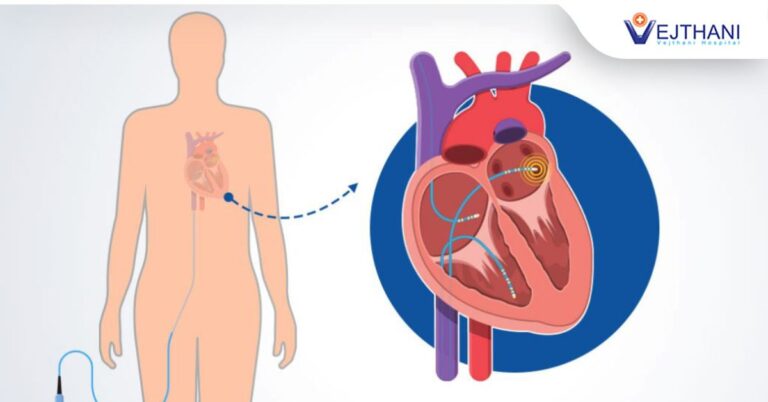

Rheumatic heart disease is always a concern when a patient contracts rheumatic fever following a strep infection. It’s a severe disease that can lead to the narrowing or leaking of the heart’s mitral valves. In the most severe cases, when the valves become too damaged to function properly, surgical rheumatic heart disease treatment is warranted. Prevention is always the best way to negate the need for rheumatic heart disease treatment. Whenever you or a family member has a strep infection, your doctor should prescribe antibiotics to stop rheumatic fever from developing.
Symptoms of Rheumatic Heart Disease Requiring Treatment
People who have had rheumatic fever should monitor their heart’s health carefully for the rest of their life. This typically means ensuring you have a routine physical examination once a year. You should also let your doctor know if you’ve had rheumatic fever. If former rheumatic fever patients develop recurring shortness of breath, acute chest pain, chest discomfort, or swelling, they should immediately seek medical advice.
Diagnosis and Treatment of Rheumatic Heart Disease
Patients who have had rheumatic fever and exhibit the above symptoms may need to have either an echocardiogram, electrocardiogram, chest X-ray, cardiac MRI or certain blood tests before a doctor can make a diagnosis.
The course of rheumatic heart disease treatment depends on the extent of the damage to the heart. If the damage is not life-threatening at the time, your cardiologist may recommend medication to treat the symptoms of heart rhythm abnormalities and heart failure. Blood-thinning medications may also be prescribed to prevent blood clots.
If the doctor finds that there is significant damage to the heart valves, they may elect to repair or replace the damaged valves.
In the heart valve repair procedure, the cardiac surgeon may make a variety of repairs depending on the valve pathology and extent of damage in which careful valve analysis and assessment are required. The final repair procedure of the rheumatic heart disease treatment depends on the surgeon’s decision and experience.
When the heart valve damage is extensive and the choice is made to replace the valve completely, the surgeon has a choice of either a biological valve (called a bioprosthetic valve) which is made from an animal tissue (cow or pig), or a mechanical valve. They will decide based on the patient’s anatomy including age and other indications. Bioprosthetic valves can deteriorate over time, while for mechanical valves, the patient will have to take blood-thinning medications for the rest of their life.
Make an Appointment with a Cardiologist at Vejthani Hospital
If you’ve had rheumatic fever in the past and are concerned about developing rheumatic heart disease, consider having it treated at Vejthani Hospital and make an appointment with one of our cardiologists. They’ll perform the necessary tests and deliver a diagnosis. And, if needed, they’ll set you on the best course of treatment for your condition.
- Readers Rating
- Rated 5 stars
5 / 5 ( Reviewers) - Spectacular
- Your Rating























